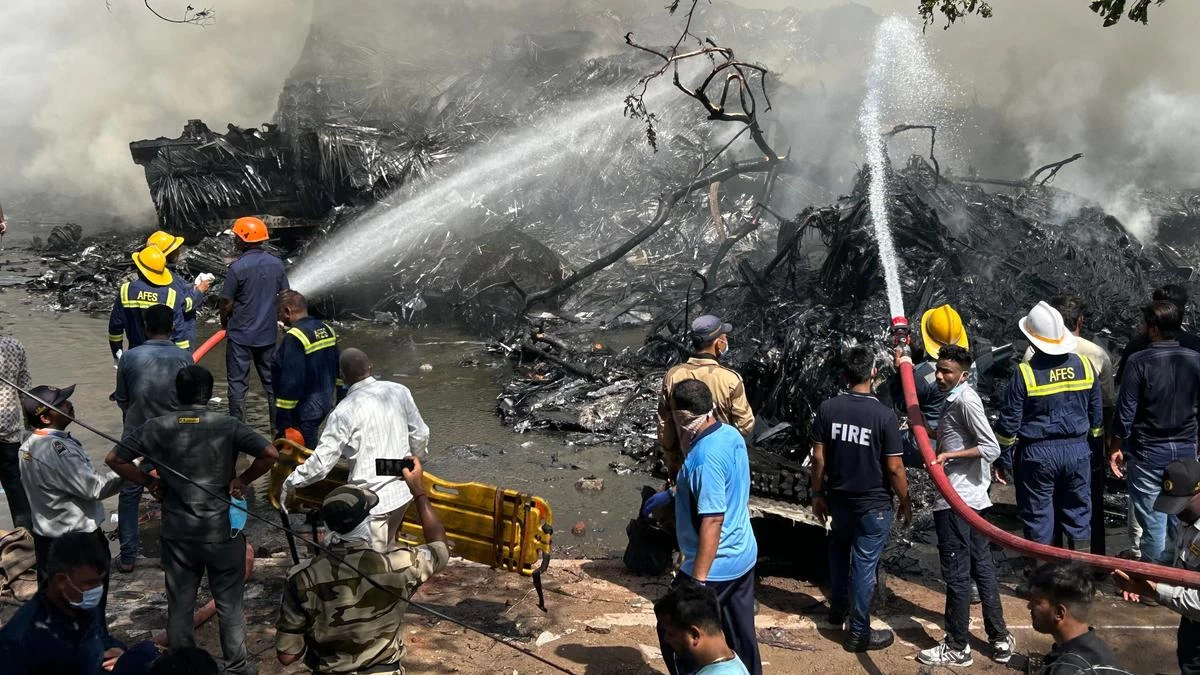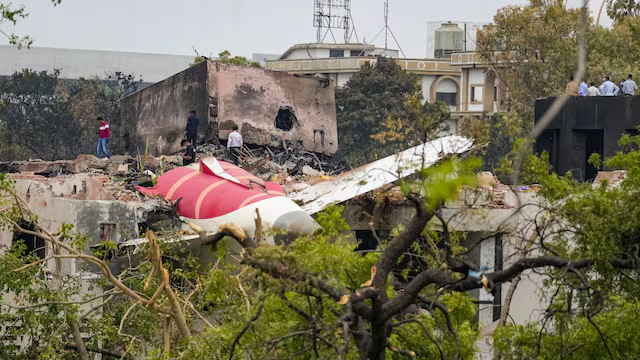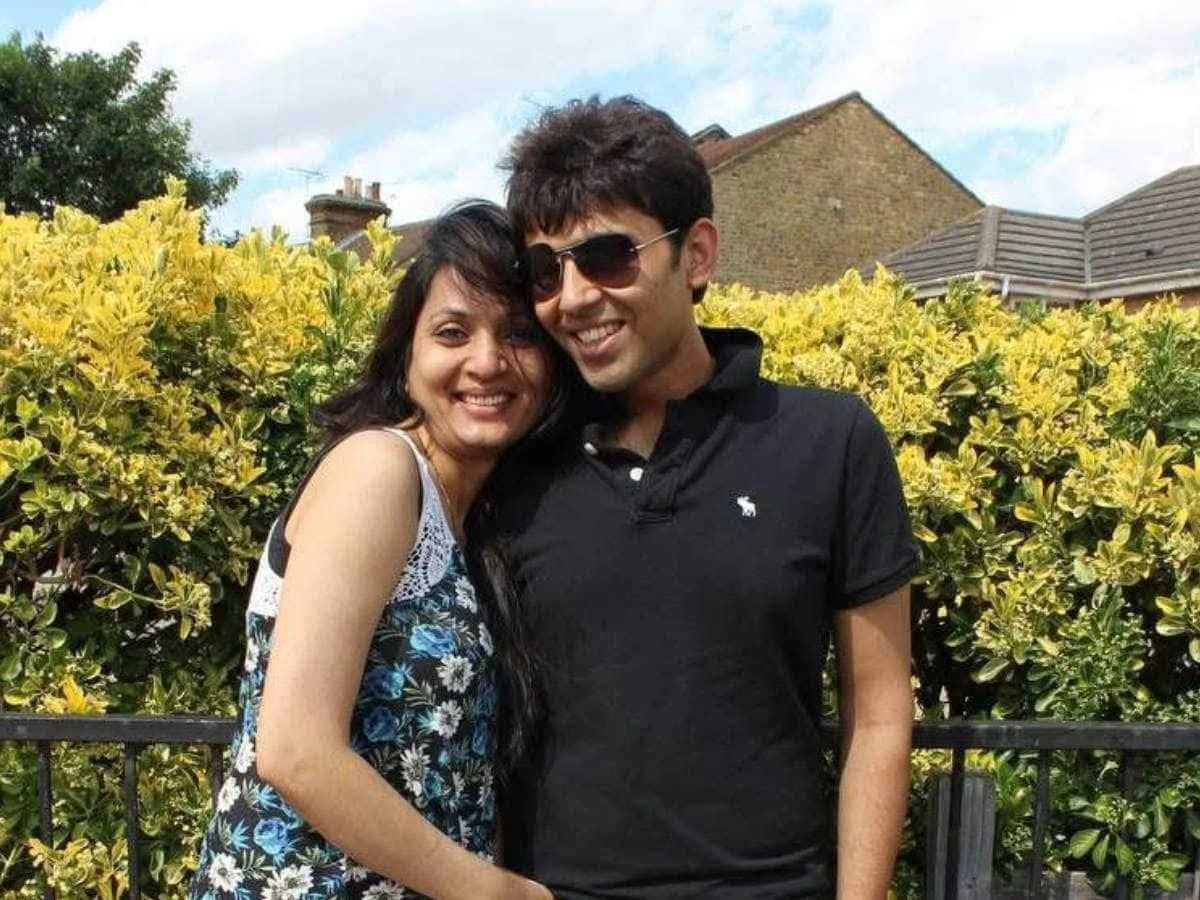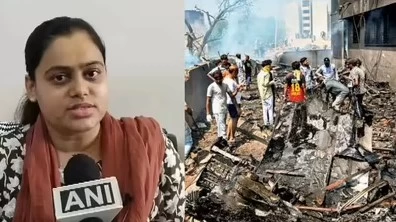Latest Updates
Supreme Court Lifts Stay on Trial Against Gurmeet Ram Rahim Singh in Bargari Sacrilege Cases
.webp)
The Supreme Court on Monday lifted the stay imposed by the Punjab and Haryana High Court on the trial against Gurmeet Ram Rahim Singh, the self-styled godman and chief of Dera Sacha Sauda, in connection with the 2015 Bargari sacrilege cases. This ruling enables the prosecution to proceed with the case against Singh, who is already serving a 20-year sentence for rape and has also been convicted of murder.
With this decision, the Supreme Court removed the judicial barriers that had stalled the proceedings linked to the desecration of the Guru Granth Sahib, the sacred text of the Sikh community. A bench comprising Justices BR Gavai and KV Viswanathan also issued a notice to Ram Rahim, requiring his response within four weeks.
The incidents in question occurred in Faridkot in 2015 and involved the theft of a copy of the Guru Granth Sahib, the display of sacrilegious posters, and the scattering of torn pages of the holy text. These acts ignited widespread protests, leading to violence that resulted in two deaths in Behbal Kalan and injuries to several others in Kotkapura.
Connections between the Bargari sacrilege and Gurmeet Ram Rahim Singh emerged over time. While no direct evidence has been established linking him to these incidents in court, he has faced numerous accusations from Sikh organizations suggesting his involvement. During investigations, several individuals with alleged ties to Dera Sacha Sauda were arrested, and some witnesses indicated that Dera followers played a role in the desecration, intensifying suspicions about Singh’s participation. The issue has become politically charged in Punjab, with various parties accusing each other of shielding the Dera or inadequately investigating the matter. This controversy, along with the police firing on protesters in Behbal Kalan and Kotkapura, has turned into an electoral issue in the state.
Earlier this year, the Punjab and Haryana High Court had stayed the proceedings against Ram Rahim in these three sacrilege cases, pausing any further investigation or trial. This ruling, issued in March, was challenged by the Punjab government, leading to its review by the Supreme Court.









